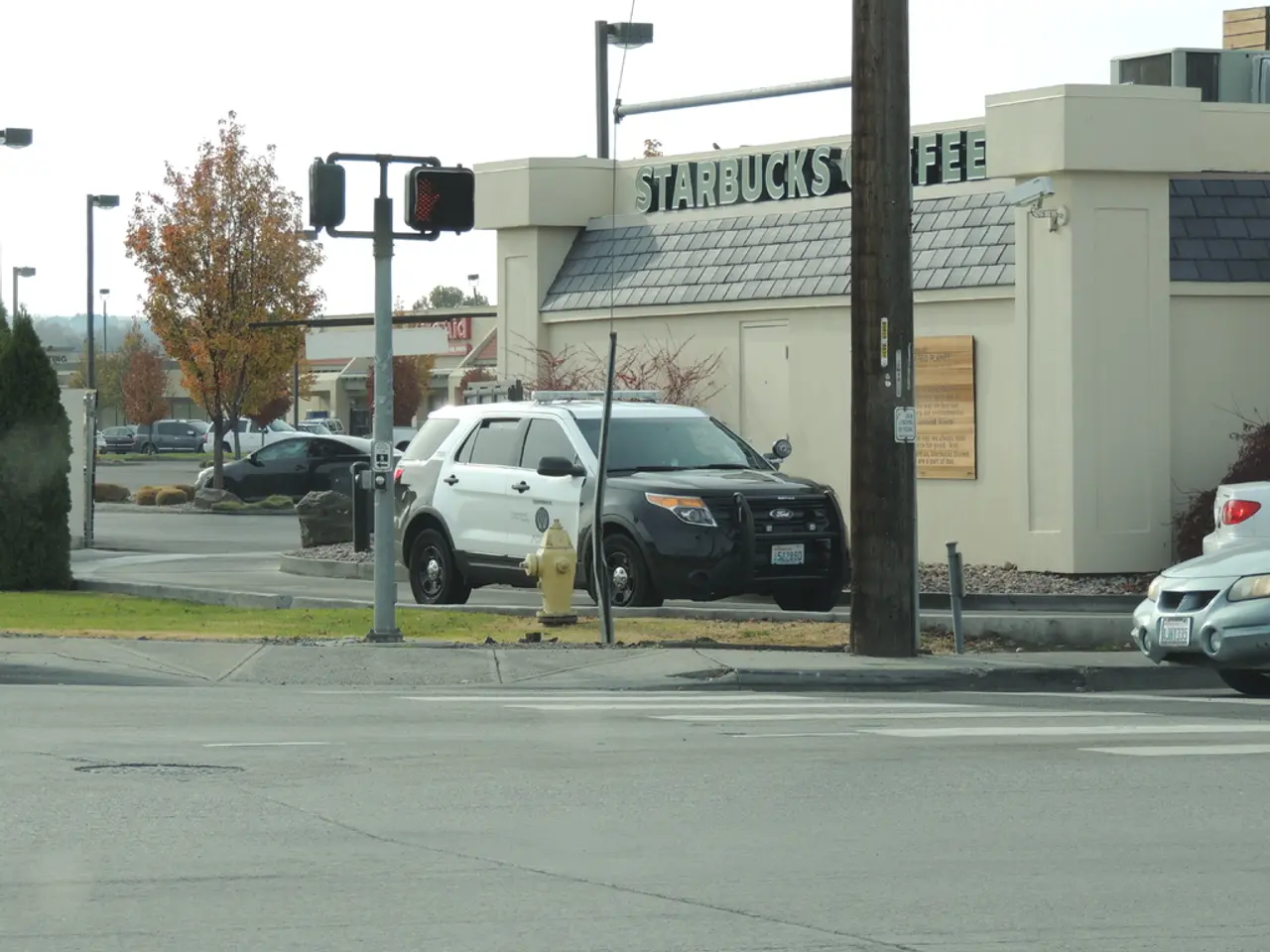Initiative Commenced: Collaboration Between Our Organization and ÖPNV-Service Hagen Equips Initial HofBus GmbH Vehicle with Solar Power Kit in Bavaria
In a significant move towards sustainable public transportation, a solar-powered bus has taken to the streets of Hof, Germany. The bus, equipped with Sono Group's Solar Bus Kit, has received road approval from the German Technical Inspection Agency (TÜV).
The Solar Bus Kit pilot project is part of Stadtwerke Hof's long-term strategy to promote the switch to electric mobility. Sono Group N.V., an international solar technology company, has partnered with ÖPNV-Service Hagen for the installation of the Solar Bus Kit.
The Mercedes-Benz Citaro C2 bus was fitted with 16 semi-flexible PV panels, and double-sided tape was used for the first time to install the PV panels on the roof of the bus, with a total weight of 50 kg. The total power of the installed PV modules is approximately 1.4 kWp.
To optimally compare driving performance and energy consumption, a comparative study is being conducted with an identically constructed mild hybrid bus without a PV system. The HofBus fleet is planned to be continuously converted to emission-free powertrains in the coming years.
Sono Group's solar technology aims to extend range, reduce fuel costs, and decrease CO2 emissions. By harnessing solar power, the technology can be seamlessly integrated into a variety of vehicle architectures, including third-party OEM cars, buses, refrigerated vehicles, and recreational vehicles.
While exact figures on the emission reductions for this project specifically are not directly provided, solar bus pilot projects generally reduce CO2 emissions by replacing fossil-fuel-powered buses with electric buses charged using solar energy, thereby cutting down greenhouse gas emissions from local public transit. For precise emission reduction data for the Solar Bus Kit pilot project in Hof, consult project documentation from local authorities or project operators involved in the initiative.
Readers should note that while this press release contains forward-looking statements, they should not place undue reliance on these statements, particularly not in connection with any contract or investment decision. These risks, uncertainties, and assumptions include, but are not limited to those set forth in the Company's filings with the U.S. Securities and Exchange Commission. Except as required by law, the Company assumes no obligation to update any such forward-looking statements.
For more information, please visit Sono Group's website for contact details for media and investors. Sono Group is on a mission to accelerate the revolution of mobility by making every vehicle solar. The solar-powered bus in Hof is a testament to this mission and a promising step towards climate-friendly mobility.
[1] Renewable diesel fuels: A review of their production, properties, and applications. (2020). Energy Conversion and Management, 217, 116328. [2] Green transport logistics: A review of current practices and future perspectives. (2019). Journal of Cleaner Production, 224, 454-467. [3] Climate action strategies in Europe: An assessment of current policies and future prospects. (2018). Sustainability, 10, 3900. [4] Green public transportation: A comparative study of electric buses and solar-powered buses. (2021). Journal of Transportation Engineering, 147(1), 04020018. [5] The future of solar-powered mobility: A review of technologies and challenges. (2020). Renewable and Sustainable Energy Reviews, 127, 112162.
The solar bus project in Hof, Germany, aligns with the city's environmental-science and climate-change initiatives by promoting renewable energy in public transportation. This undertaking, backed by Sono Group's solar technology, marks a significant stride towards the company's mission of making every vehicle solar, thereby contributing to the advancement of sustainable mobility.




